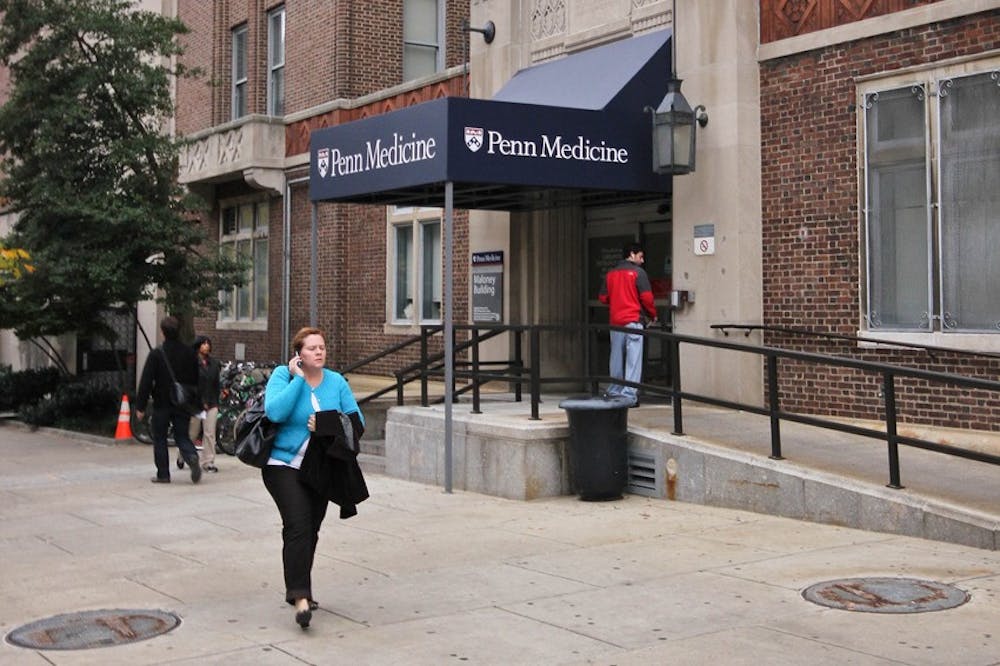
In a unique elective, Penn Medicine students work directly with patients in West Philadelphia to experience what the post-treatment experience is like living in the community. The students work with patients from the time they are hospitalized, through the discharge process, and until their first appointment with a primary care provider.
Penn Medicine Associate Dean for Professionalism and Humanism Horace M. Delisser helped develop the elective. He said he thought it was important to help students understand "the structural influences and the structural determinants of health.”
These determinants, such as lack of insurance, nutrition, and housing, are factors in a patient’s life that can be overlooked by the health system, said Delisser, who is also Associate Dean for Diversity and Inclusion.
The Penn Medicine course lets students shadow staff from the Penn Center for Community Health Workers for a month. Both the Center and the course began in 2013 and usually accommodates six to eight students each year.
Olenga Anabui is the IMPaCT program director at PCCHW. IMPaCT hires and trains local people to serve as advocates for patients. Anabui said because these community health workers are hired from West Philadelphia, they are socially and demographically much closer to patients than the average Penn Medicine student.
2008 College graduate and 2015 Penn Medicine graduate Mara Gordon took the elective toward the end of her medical school career. She said the elective helped her to reconnect with the reasons she wanted to be a doctor in the first place.
"Part of the med school experience is sort of getting used to the culture of medicine. I think I was very much in the mindset of preparing to graduate," Gordon said. "The community health worker elective really sort of helped me shake off some of the narrow thinking I had developed in med school...I think it should be mandatory for students for sure."
Gordon said there were experiences that opened her eyes to the everyday obstacles some patients face when trying to receive medical care. She recalled a time when she was at a recently-discharged patient’s house trying to accompany him to an appointment. The man was in a wheelchair, but his house had many stairs.
“We were trying to help him get to a taxi so he could get to his appointment and I was just thinking to myself ‘How is he going to do this? He has stairs and he’s in a wheelchair,’" Gordon said. "And that it was just so humbling to see how things that I took for granted as a medical student could be for my patients.”
Now, Gordon sees patients at a community health center in Washington, D.C. She said working with the IMPaCT service helped her feel that she was making the right decision.
“I think it’s so important," Gordon said. "It’s also fun to work with patients that I really have the ability to help, and it really motivates me to go to work every day.”
Delisser said he hopes more medical students can have similar experiences by either scaling up the class accommodations or requiring students to participate in local community engagement.
"It’s still connected to the clinical, but not simply about giving a medication, or writing a prescription, or making a diagnosis, but thinking about how we can help these patients in ways that are more than strictly medical," Delisser said.
The Daily Pennsylvanian is an independent, student-run newspaper. Please consider making a donation to support the coverage that shapes the University. Your generosity ensures a future of strong journalism at Penn.
Donate







